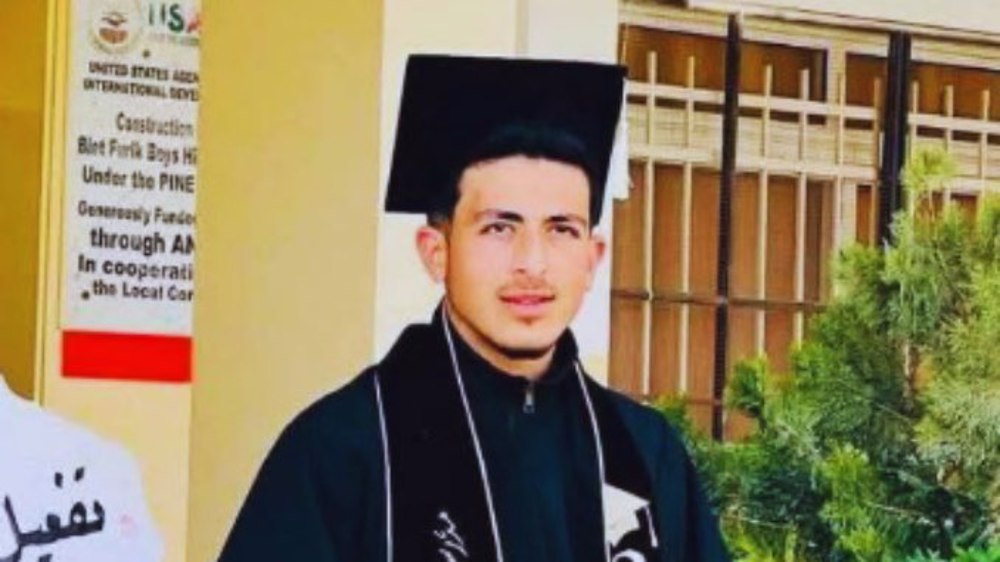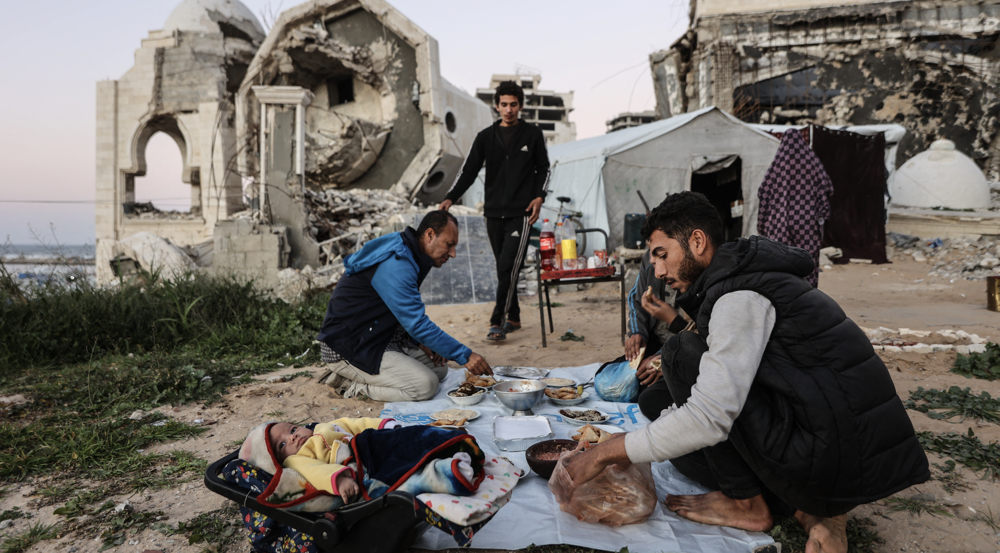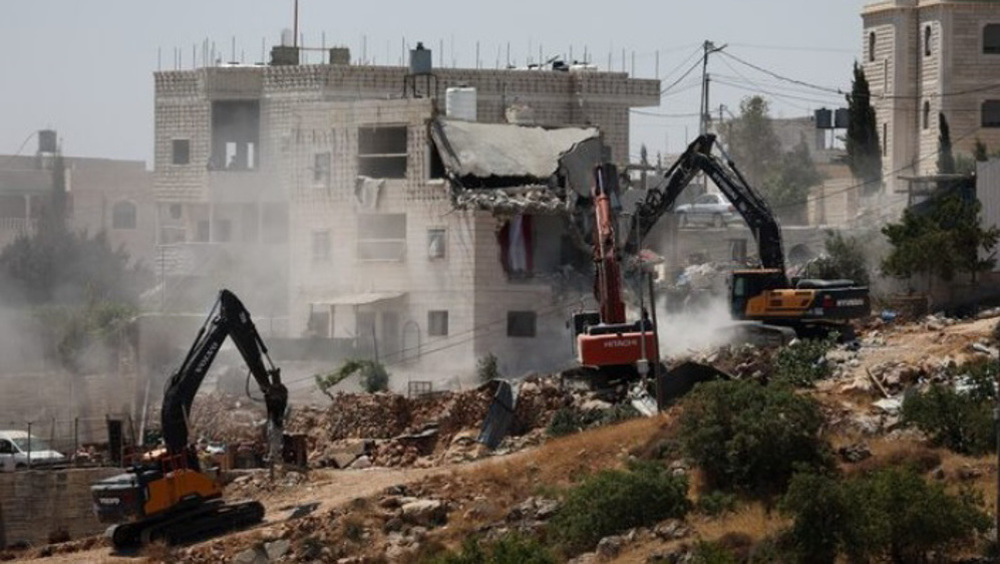Bibi pledges support for settlement construction in West Bank
Israeli Prime Minister Benjamin Netanyahu has expressed his strong support for settlement construction activities in the occupied West Bank, in defiance of international calls on the Tel Aviv regime to end its illegal expansionist moves.
Speaking at a weekly cabinet meeting in al-Quds (Jerusalem) on Sunday, Netanyahu said Israel “supports settlement at any time,” particularly amid ongoing tensions between Israeli military forces and Palestinian protesters in the occupied Palestinian territories.
The remarks came on the same day that Israeli Minister of Education Naftali Bennett, who leads the pro-settlement party Jewish Home, said he would spare no effort to help the development of settlement projects in the Palestinian lands.
He further noted that “only when Palestinians accept that they will never have a state in the West Bank will they be able to live side-by-side with Israelis.”

The United Nations and most countries regard the Israeli settlements as illegal because they are built on territories captured by Israel in a war in 1967 and are hence subject to the Geneva Conventions, which forbid construction on occupied lands.
The presence and continued expansion of Israeli settlements in occupied Palestine has created a major obstacle for efforts to establish peace in the Middle East. The Palestinian Authority wants the West Bank as part of its future independent state, with East al-Quds as its capital.
More than half a million Israelis live in over 230 illegal settlements built since the 1967 Israeli occupation of the Palestinian territories of the West Bank and East al-Quds.

The latest wave of tensions was triggered by Israel’s imposition in August 2015 of restrictions on the entry of Palestinian worshipers into the al-Aqsa Mosque compound in East al-Quds.
Al-Aqsa Mosque is the third holiest site in Islam after Masjid al-Haram in Mecca and Masjid al-Nabawi in Medina.
The restrictions have enraged Palestinians, who are also angry at increasing violence by Israeli settlers frequently storming the al-Aqsa Mosque.
The Palestinians say the Tel Aviv regime seeks to change the status quo of the compound.
At least 162 Palestinians, including children and women, have lost their lives at the hands of Israeli forces since the beginning of last October.
VIDEO | Press TV's news headlines
VIDEO | Iran will not 'capitulate' since it has military surprises for US
China overtakes US as Germany’s top trading partner
VIDEO | Displaced Gazans struggle to find clean water amid Ramadan
VIDEO | Pakistan strikes militant camps along Afghan border after suicide bombings
Iran FM: Chance still exists for win-win solution to nuclear issue
Denmark rejects Trump's plan to send US hospital ship to Greenland
US Secret Service kills man trying to enter Trump’s Mar-a-Lago estate


















 This makes it easy to access the Press TV website
This makes it easy to access the Press TV website